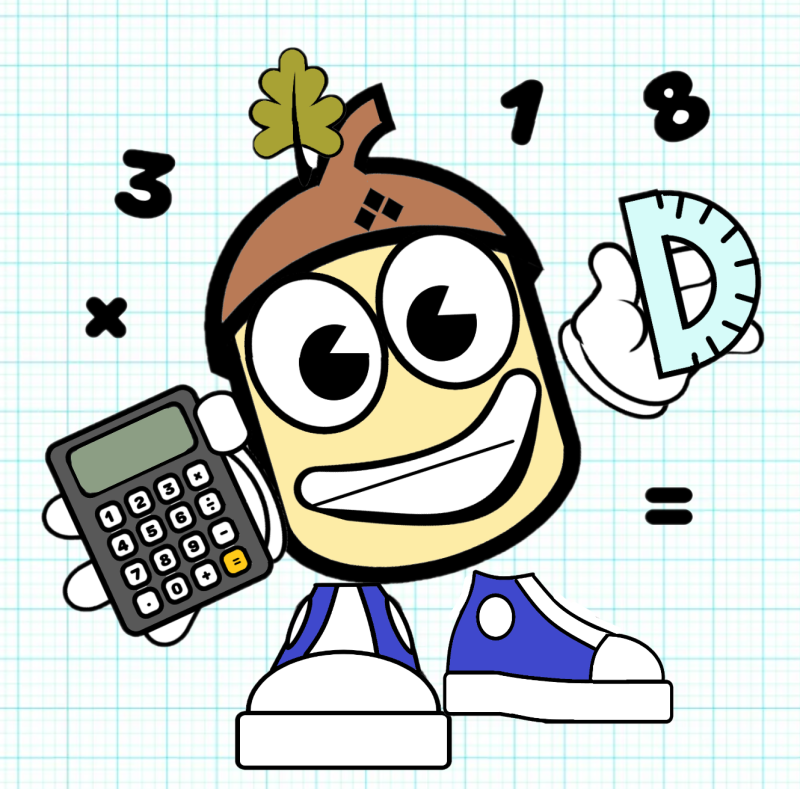Maths
 Mathematics
Mathematics
Our curriculum will develop our children’s fluency in in the fundamentals of mathematics through a teaching for mastery approach. It will develop their ability to reason mathematically and solve problems, applying their learning in a range of contexts within the aspects of number, measurement, geometry and statistics. Central to our curriculum ethos is the belief that all children can learn and enjoy maths have the potential to attain high standards in their maths learning.
Children will engage in daily maths lessons involving a range of activities which will support them to develop deep conceptual understanding of mathematics. We plan using the National Curriculum for Mathematics and the latest DfE guidance, alongside materials from the NCETM. Children are guided through their learning in a series of small, coherent steps which build on previous learning with appropriate scaffolds and challenges to support differing needs. Opportunities are also given for regular, purposeful practice and retrieval of prior learning. Oracy plays a key role in developing children’s understanding and they will be taught precise mathematical vocabulary to support their ability to communicate their reasoning.
Examples, representations and models are carefully selected to expose the underlying structures of mathematical concepts and emphasise connections, enabling pupils to develop a deep knowledge of maths. Children have access to a range of physical resources and we use the CPA approach (concrete, pictorial, abstract) to support the development of their understanding.
 In addition to our main maths lessons, children also engage in a daily fluency session to develop their knowledge and recall of key number facts and their arithmetical proficiency. Through regular practice, we aim for children to develop automaticity in the recall of facts, alongside conceptual, structural understanding, avoiding cognitive overload in working memory and enabling them to focus on new learning.
In addition to our main maths lessons, children also engage in a daily fluency session to develop their knowledge and recall of key number facts and their arithmetical proficiency. Through regular practice, we aim for children to develop automaticity in the recall of facts, alongside conceptual, structural understanding, avoiding cognitive overload in working memory and enabling them to focus on new learning.
Our children will become confident, curious, resilient and able mathematicians, who think deeply and demonstrate a positive, can-do attitude towards maths. They will develop deep, long-term, secure and adaptable understanding of mathematical concepts and will be able to talk confidently about their reasoning and understanding using precise mathematical vocabulary. They will be able to solve a range of problems through fluency with numbers and mathematical reasoning, and will develop vital skills which will enable to succeed in later life.
Multiplication Tables Check [MTC] Year 4 children
Each year, children in Year 4 must take the DfE Statutory Multiplication Tables Check in June. Please see our supporting documents to help you at home to prepare your children. Look out for future workshops to help you understand the requirements better.
.jpg)